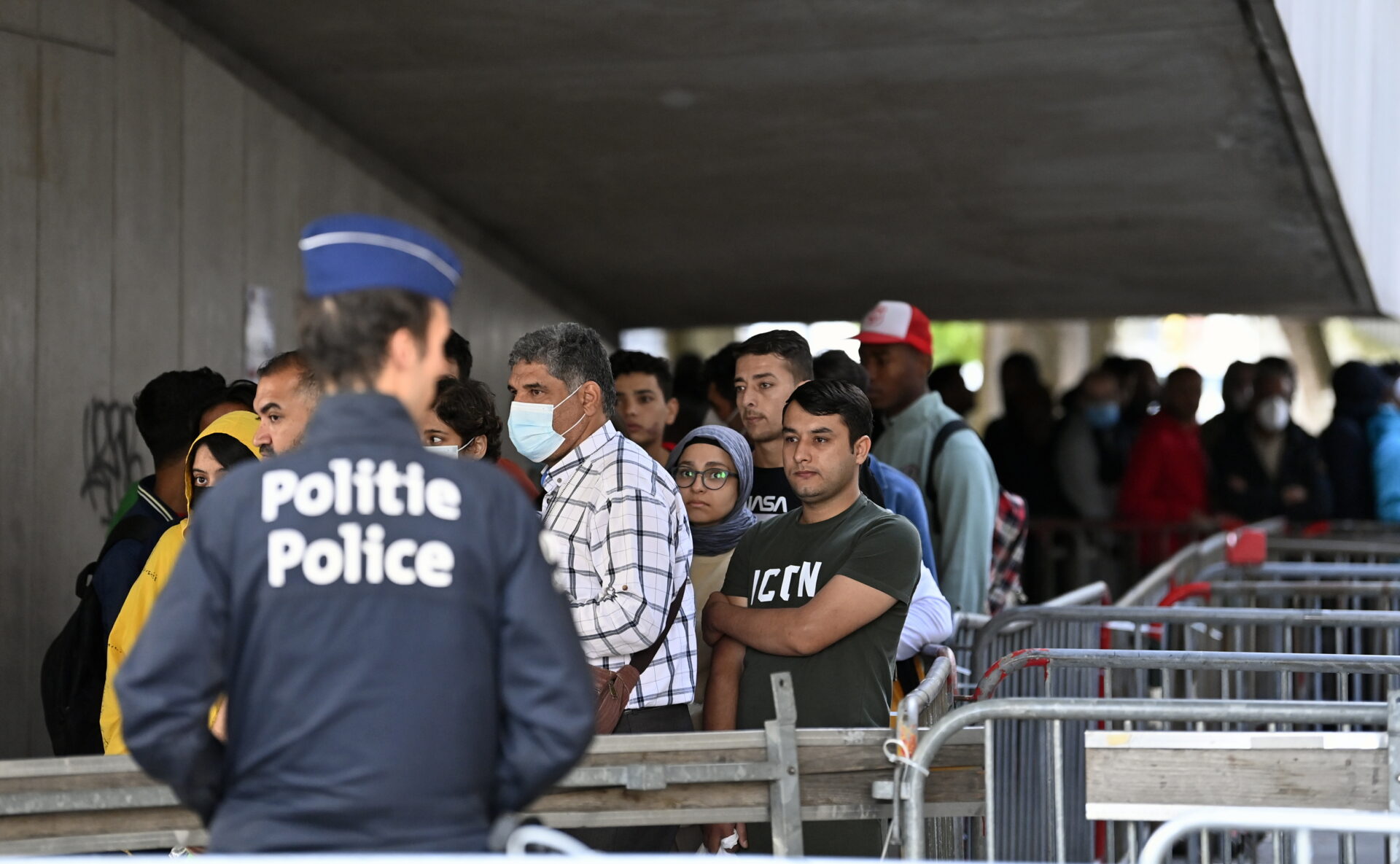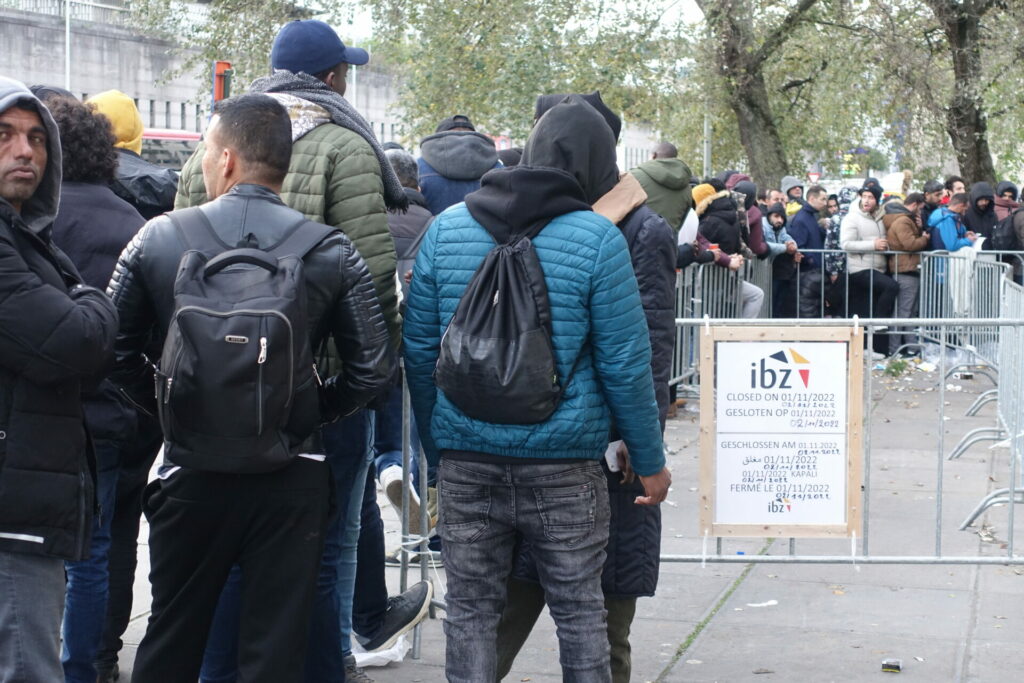Since the end of last year, hundreds of asylum seekers with a right to shelter have been sleeping on the streets due to the shortage of places within Fedasil centres. Most recently, minors and families with children have also ended up sleeping rough due to the policy's failure. For Groen, the only solution now is a "total dispersal plan."
Though the government may be unhappy with dissenting voices from within its own ranks, the party chair Jeremie Vaneeckhout tweeted "I'm not going to remain silent until someone dies in the street. We need to act now." He cited solutions such as fair distribution and using barracks, which worked during the 2015 migrant crisis but are now considered taboo.
He called on State Secretary for Asylum and Migration Nicole de Moor to come up with a dispersal plan which would oblige local governments to accommodate asylum seekers. A similar system is now in place in the Netherlands, where the condition of asylum seekers rapidly deteriorated this summer.
Vaneeckhout also denounced the slowness of the Ministry of Defence to respond to what he and many civil society organisations on the frontline call a major humanitarian crisis.
Inappropriate response
De Moor hit back at Vaneeckhout's proposal in a press statement, in which she said the "mandatory distribution of asylum seekers in local reception initiatives among cities and municipalities is not being considered."
She explained that the Federal Government would then be putting its tasks in the hands of cities and towns, which would be "inappropriate" given that municipalities are already overburdened by the energy and cost of living crises and staff shortages. "Shifting problems to local governments is not a solution."

Asylum seekers wait outside the headquarters of Immigration Services. Credit: Belga/ Eric Lalmand
She added that local shelter initiatives are not a crisis mechanism, as the local government won't have the capacity to create the places "that are now urgently needed to keep families with children off the streets."
Structural vs emergency capacity
The reception network currently has 32,000 structural places for accommodation, De Moor stated. Fedasil will open a further 979 places this month and 506 structural places next month at various locations.
"By comparison, in the crisis year 2015, there was a total of 33,400 places, half of which consisted of emergency capacity. These were not structural places." The minister stressed that her cabinet is working "day and night to find solutions." Countering criticism, De Moor added: "I will no longer put up with claims to the contrary."
Related News
- As Belgium's governments flounder with reception crisis, despair spreads on the streets
- Reception crisis 'cannot last another week': Brussels mayor denounces Fedasil
Apart from increasing the number of reception places, the inflow also needs to be addressed, which is reportedly "huge and disproportionately high compared to other member states."
On this front, De Moor stated that work is being done including a "prevention mission" in Congo, which is in the top 10 most represented countries for asylum applications.

